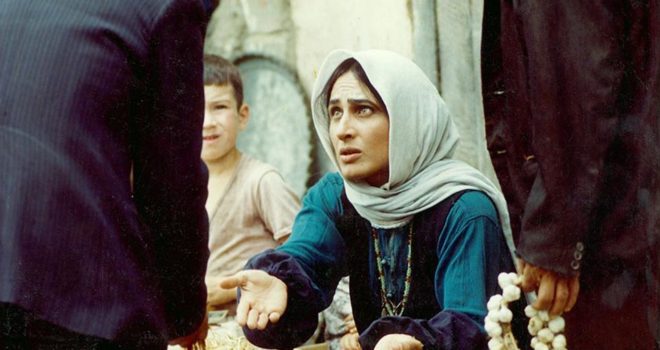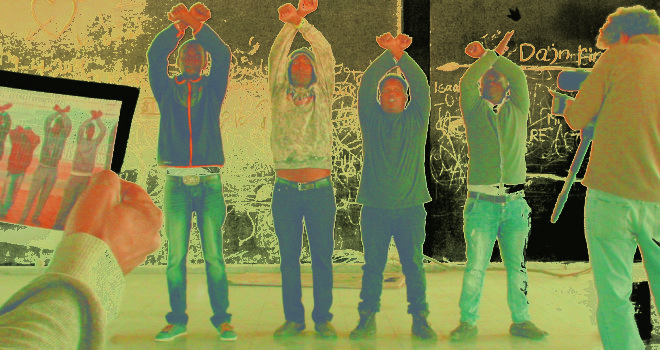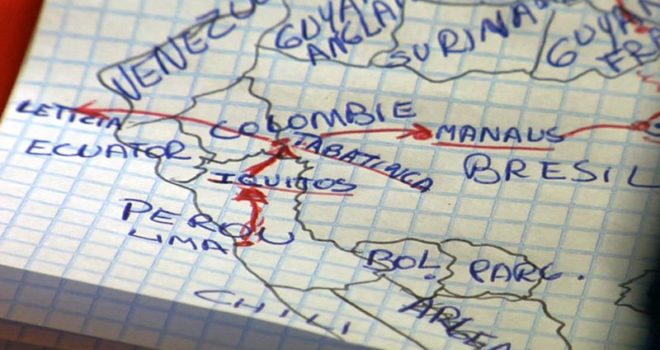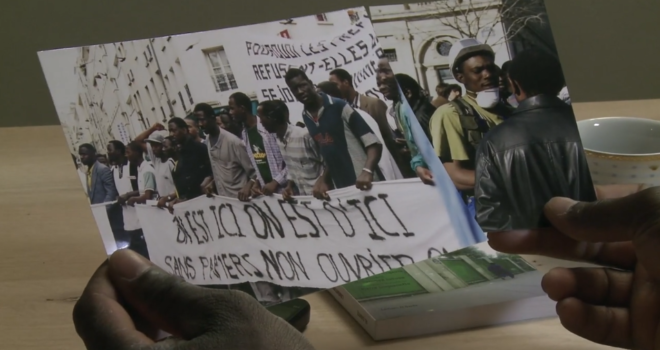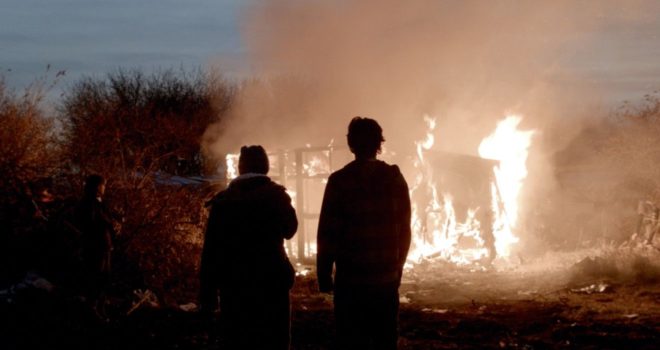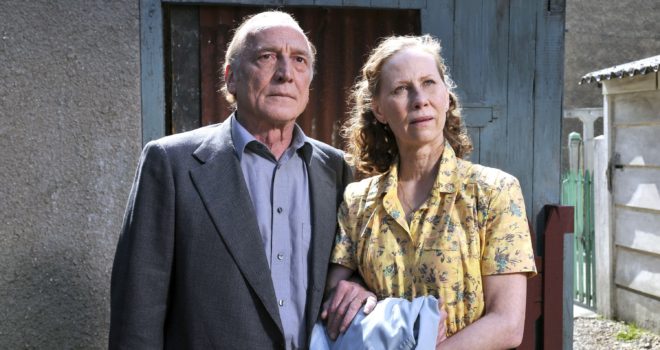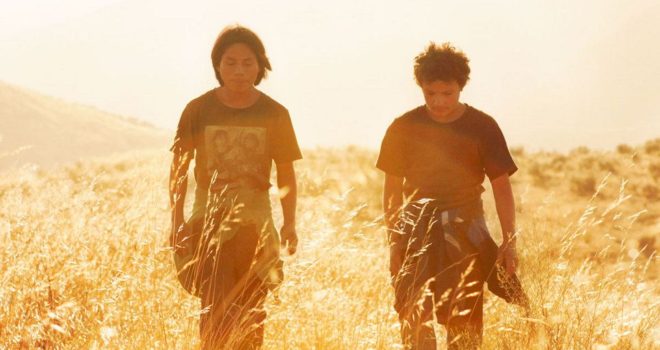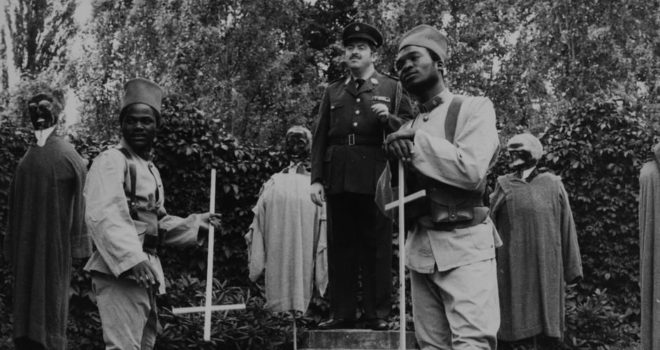In the 2017 edition of the 3 Continents Film Festival, we proposed an exploration of the topical issue of contemporary exile – a persistent crisis that is still challenging us even though we had time to see coming. This choice aimed to capture cinema’s ability to think in the plural and put into perspective a “becoming foreign”, which seems to be the irreducible corollary of this situation. How did cinema invent an angle, distances, time and modes of storytelling so as to reinfuse into the status of exile the resonance of a universal experience of human destiny?
The first step in this work was jointly conducted with a group of researchers, who had already been involved in the festival on several occasions (notably with 50 Years Ago the Tricontinental Conference Was Held in Cuba and the Theatre of Remembering by Rithy Panh), and encouraged us to extend our reflection through a programme that was more purposefully open to the younger audiences of the 3 Continents Film Festival. Firstly, because the political, historical and societal issues linked to the contexts driving the massive coerced and persistent migratory flows are in no way separable from our world’s transformations and their alignment with a development model that has been imposed worldwide. Also, as we wish to believe that art can shape its own autonomous ideas and can continue to propose representations that counter the stranglehold of the media’s image and the orientations of government discourses. Artistic oeuvres, including those of cinema, reveal other points of focus and understanding based on real-life experiences with different sensitivities. In a context of chronic economic uncertainty, we posit that the current convulsions are creating an urgent need for our Western societies to renew their ideas of North-South relations. It also, and necessarily, leads us to reread our recent history (the entire span of the 20th century) and, when it comes to offering shelter and hospitality, to question the constancy of the values of universality that we claim to hold. Recently, philosopher Étienne Balibar bitterly concluded that the state of our world is undermining from within any discourse that lays claim to universality: “The universal does not unite, it divides”. Perhaps so much so that violence is now an option reiterated in our institutions’ responses to human suffering?
We wanted to linger again, freely, around the notion of frontier, open up an intimate human geography as a specific fact rather than a general one. The ability of images to play on expectations, distinctions and registers may shed light on the dividing lines that we need to ponder. So, between documentary and fiction, between theatre and cinema, between live events and re-enactment, between action and thought, we encounter another chance to do away with silos. A programme, therefore, that we want to screen as an experience of our own ability to go beyond what we are shown and, ourselves, cross to the other side of this frontier of things visible that serves to fence in our way of seeing.
Jérôme Baron



